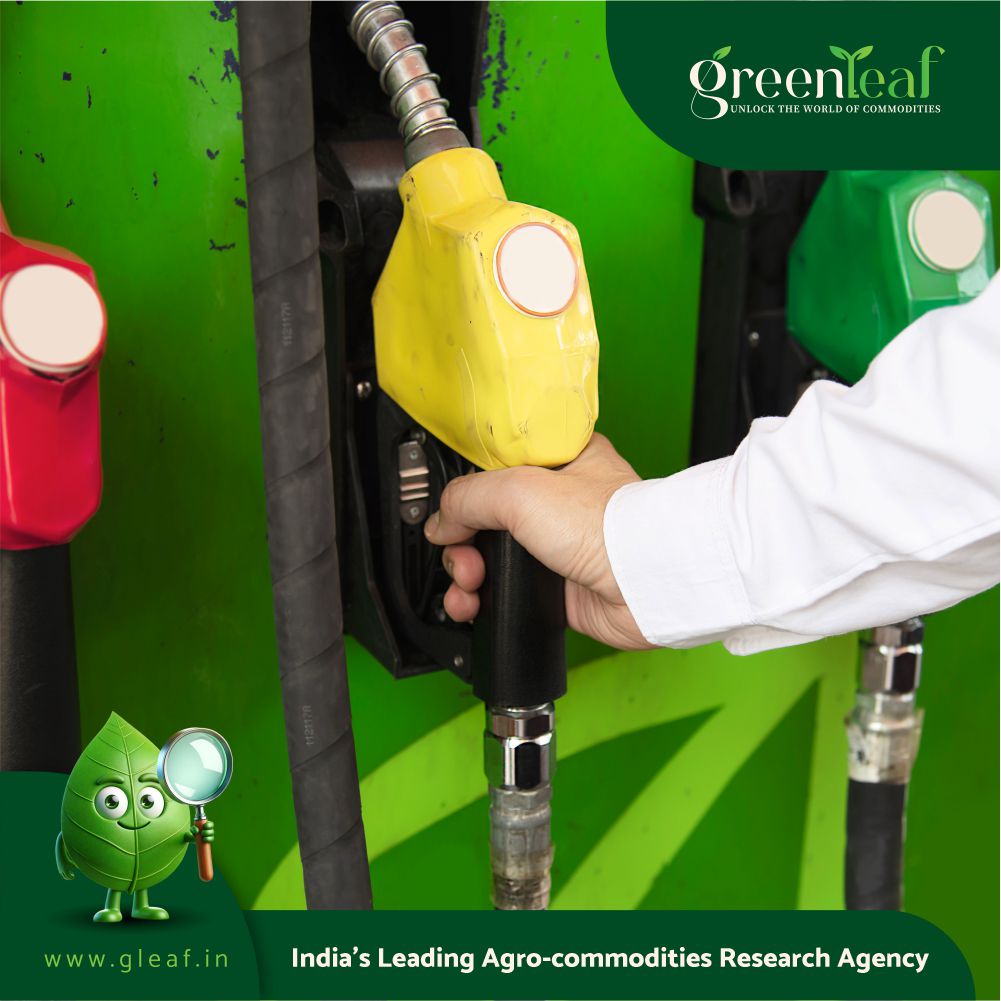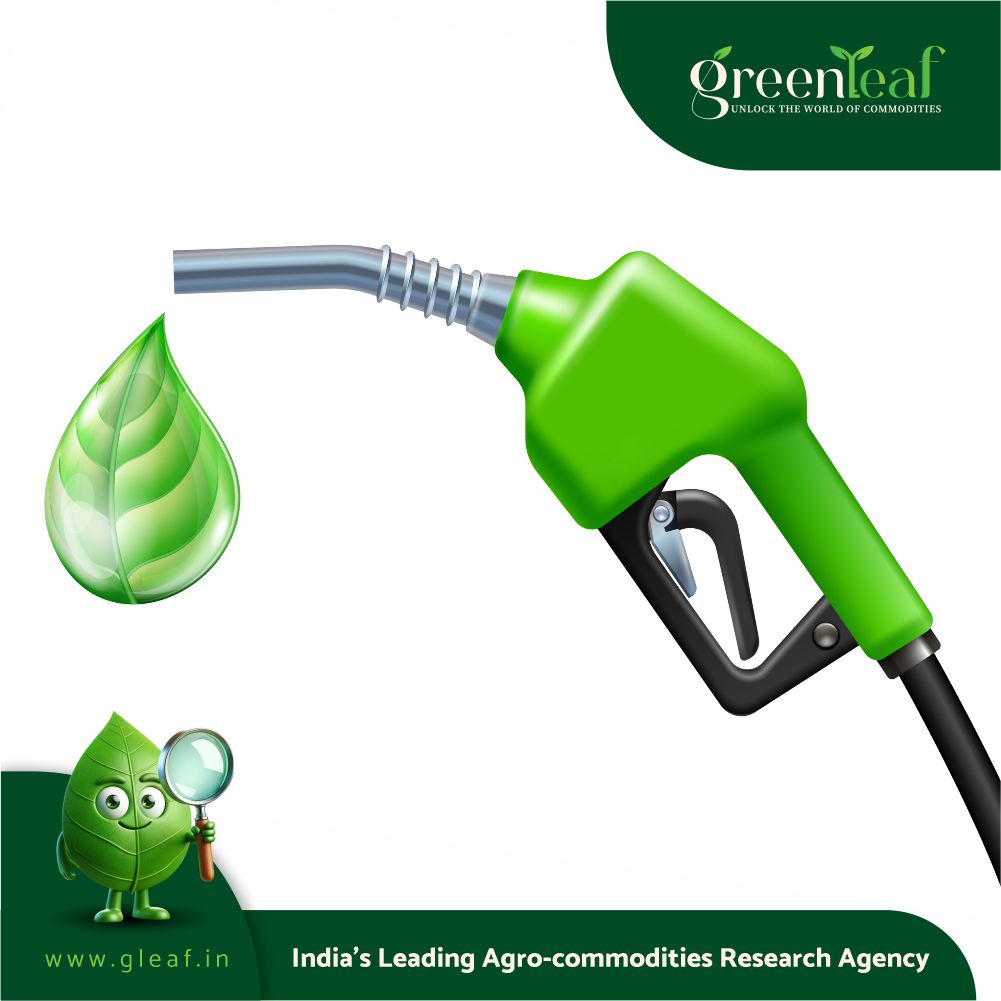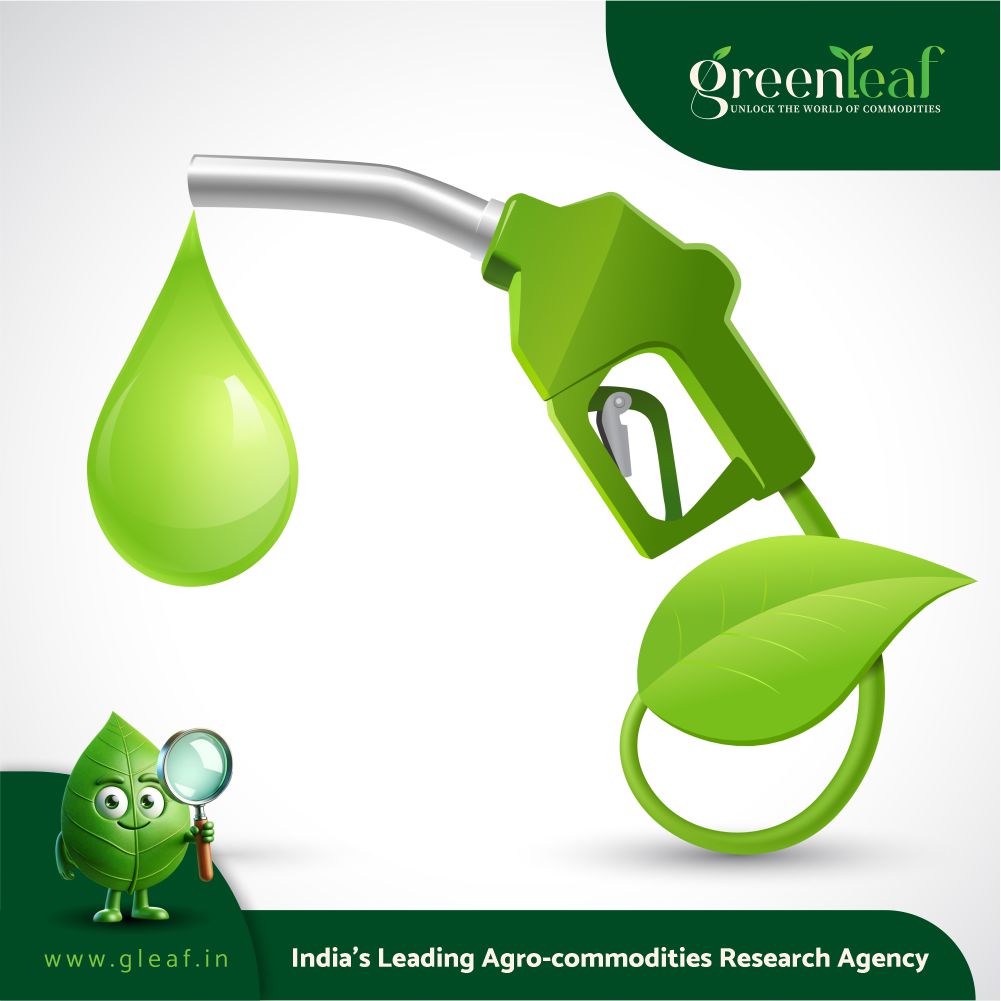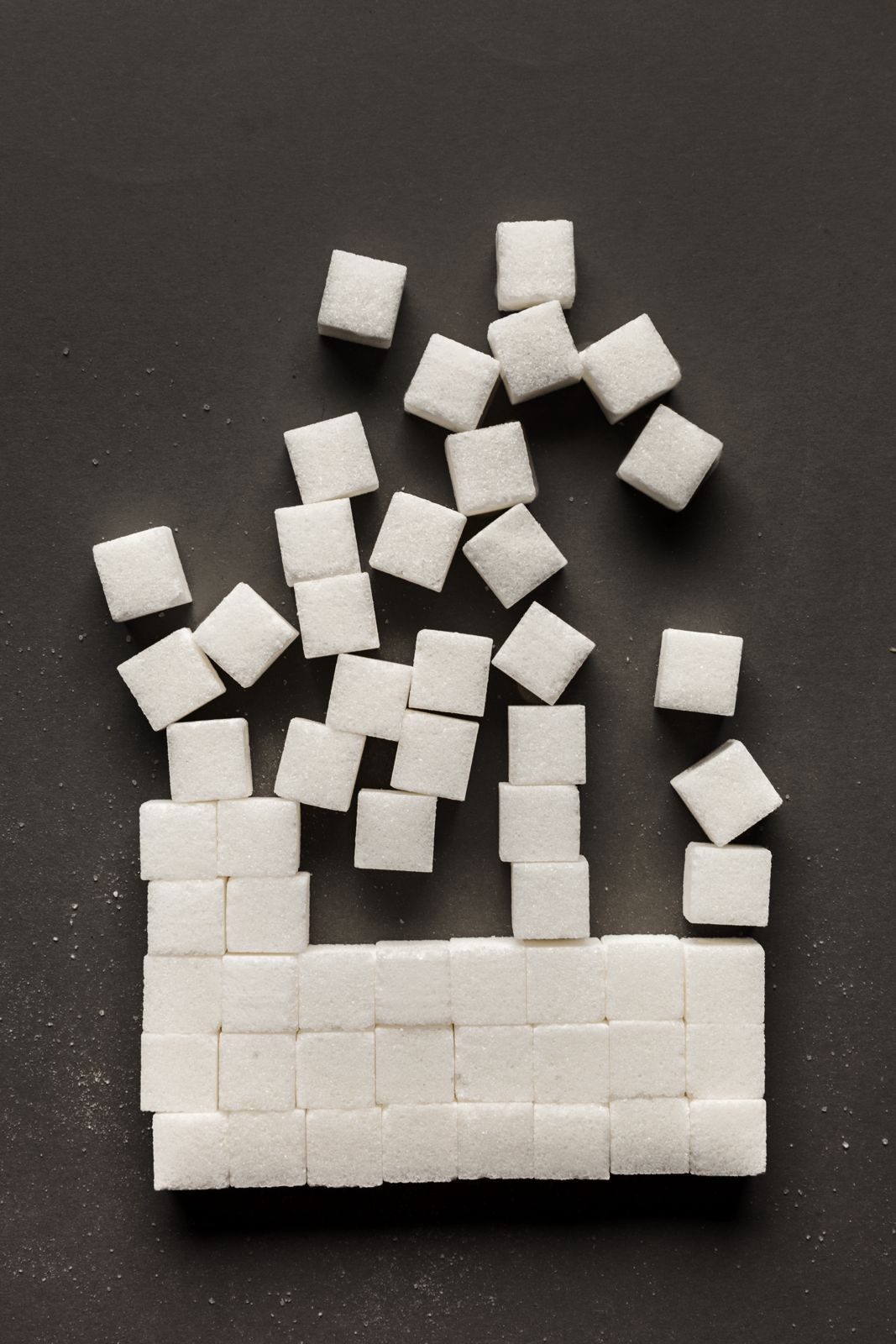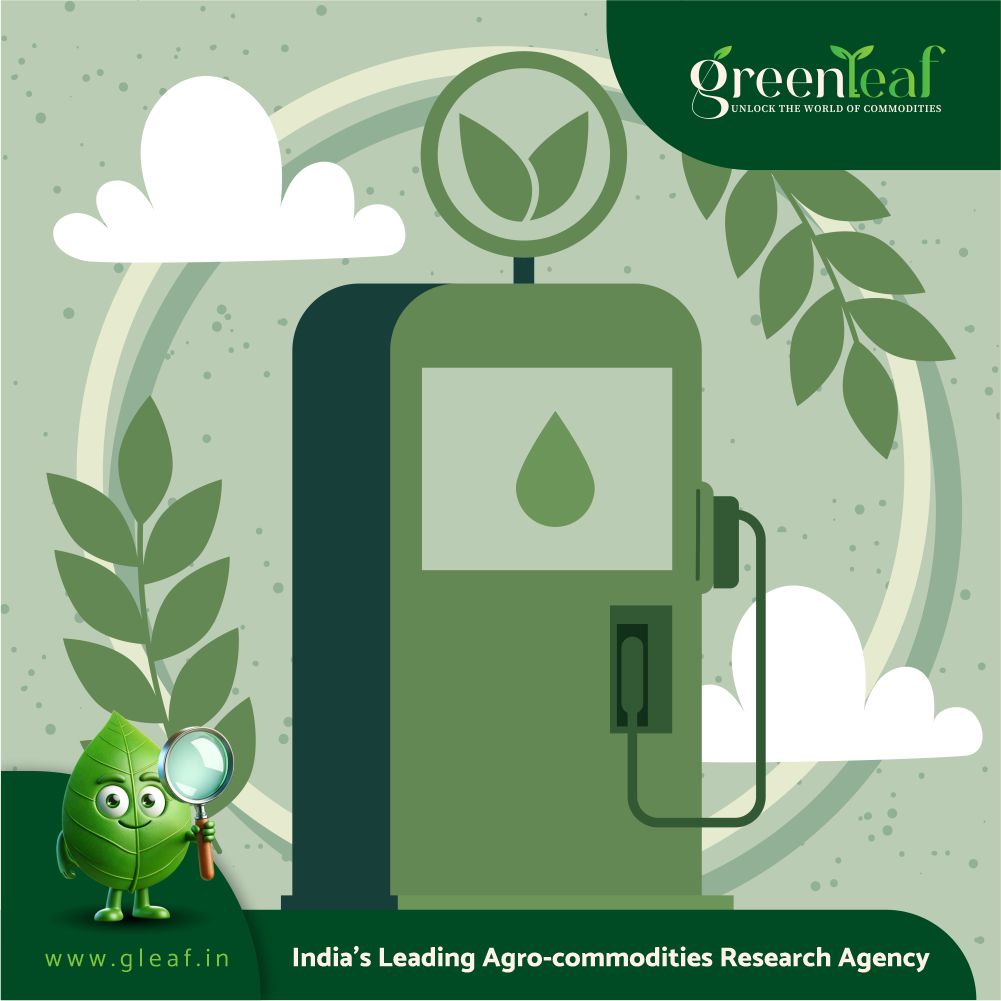New Delhi: Union Minister Nitin Gadkari’s aggressive push for E20 fuel – petrol blended with 20% ethanol, made mandatory in April – is severely hurting consumers, according to a new survey by LocalCircles.
The survey finds that the mandated 20% ethanol mixed fuel has drastically reduced fuel efficiency and harmed the engines of older cars, hiking owners’ maintenance cost. Nearly twice as many vehicle owners say their maintenance costs have doubled in just the past two months.
LocalCircles surveyed over 36,000 petrol vehicle users in 323 districts, 69% of them men and 31% women. Forty-five per cent respondents were from tier 1 cities, 27% from tier 2 and 28% from tier 3 cities.
In a similar survey conducted in August, LocalCircles had found that 28% of owners who had purchased a petrol vehicle in or before 2022 were experiencing “unusual levels of wear and tear or need for repair with regards to engine, fuel line, tank, carburettor, etc.” Given this, 52% owners of petrol vehicles wanted the E20 fuel to be sold at 20% lower prices and not be mandatory. “Many of those surveyed shared the view that the government should make E20 petrol optional,” the survey finds.
Now, six months after E20 petrol became mandatory and two months after the August survey, LocalCircles has checked for any changes in these views.
This time around, around 80% vehicle owners with purchases made in 2022 or earlier say their vehicle’s fuel efficiency has fallen since the move to ethanol-blended fuel. Citing examples, the survey said that an Audi Q7 owner in Chennai reports paying Rs 4 lakh for repairs after E20 fuel led to engine failure. A Ferrari refused to start due to E20-induced phase separation – a situation that arises when blended petrol absorbs water that gets drawn into engines. The Ferrari technicians confirmed fuel damage. Turbo petrol vehicles such as the Toyota Hycross reported three injector failures within a 5,000 km driving range, while two-wheeler owners reported misfiring.
There are also widespread complaints of “massive drop in mileage” across vehicle categories, with some owners calling E20 “slow poison”. Users report 6-20% drops in mileage, increasing fuel costs and consumption despite the “green” intent behind blended fuel.
In August, the Union government said in a press note: “Concerns related to performance and mileage being raised now were anticipated as early as 2020 by Government and an Inter Ministerial Committee (IMC) of the NITI Aayog examined them at length. This also was backed by research studies carried out by IOCL, ARAI and SIAM.”
The NITI Aayog had predicted in 2021 a 6-7% loss in fuel efficiency for four-wheelers (3-4% for two-wheelers) whose vehicles are originally designed for unblended fuel and calibrated for E10 (10% blended fuel). It also suggested a tax break on blended fuels. This would imply further losses in fuel efficiency for vehicles calibrated to E20 when designed for E0 (unblended) petrol.
The government’s press note in August said, “The critiques suggesting that E20 causes a ‘drastic’ reduction in fuel efficiency are misplaced. Vehicle mileage is influenced by a variety of factors beyond just fuel type. These include driving habits, maintenance practices such as oil changes and air filter cleanliness, tyre pressure and alignment, and even air conditioning load.”
For the past few months, the Union government, particularly Gadkari, has faced intense criticism over ethanol-mixed fuel. Many experts have said this process reduces fuel efficiency and damages engines unsuitable for the fuel. The popular automobile blog and used car seller, Cars 24, curiously took down a video criticising E20 fuel that had gone viral. Amidst growing outrage, the government has deployed paid influencers to counter these allegations and to promote the mixed fuel, Alt News has reported.
The influencers defended Gadkari, saying the Ethanol push is saving foreign exchange. Between 2014 and 2025, ethanol blending saved India around Rs 1.4 lakh crore in foreign exchange. India imports more than 85% of its crude oil demand. And this dependency makes India vulnerable to external challenges. Any sudden hike in global prices or conflict in West Asia brings bad news for India.
Recently, United States President Donald Trump slapped a 50% tariff and penalty on India for buying cheap fuel from Russia, which could impact trade by $90 billion, the Modi government argued that buying Russian oil benefits Indian consumers. However, experts have expressed contrary views. For instance, Amrita Sen, founder and director of research at Energy Aspects, an energy market analysis firm, told the Financial Times in July that Indian refiners gained $16 billion in additional profit from importing discounted Russian oil, with almost $6 billion going to Mukesh Ambani’s Reliance.
Ethanol, on the other hand, is something India can produce domestically. It helps to reduce India’s import dependency. But blending fuel with it has not helped cut prices. Even the claims of profits being passed on to consumers and zero-pollution are not entirely true.
In September 2025, Congress leader Pawan Khera alleged conflict of interest against Gadkari over his push for E20, saying, “Uncle is doing vote-chori; nephews are doing note-chori.” Minister Gadkari has responded saying it is a politically motivated “paid” campaign against blending of fuel.
Also drawing attention is the bull run of the Gadkari’s eldest son Nikhil Gadkari-headed CIAN Agro, which produces Ethanol. In fact, its 14-month bull run put the stock in the list of top performers in the history of the Indian stock market.
The company’s stock hit the headlines amidst growing social media rumblings over Gadkari pursuing the E20 policy. In 2022, The Times of India cited Nikhil Gadkari plans to scale up production after a recent Memorandum of Understanding it had signed with Chennai-based Ram Charan Group to produce ethanol from carbon dioxide (CO2).
“CO2 is a byproduct of distilleries, which is one of our businesses,” Sarang, Gadkari’s younger son, told The Times of India. “It will now be used to make ethanol,” Sarang said, adding, “However, the ultimate aim is to capture the CO2 available through every source… for example the industrial chimneys… and put [it] to use for making ethanol.”
Manas Agro, Sarang’s company, is now a subsidiary of CIAN Agro. During the push for 10% ethanol blending (ending in summer 2022), it recorded a profit boom of 234% and 200% in 2022 and 2023, respectively. In 2022, the government advanced the 20% ethanol blending target from 2030 to 2025-26, the current financial year.

